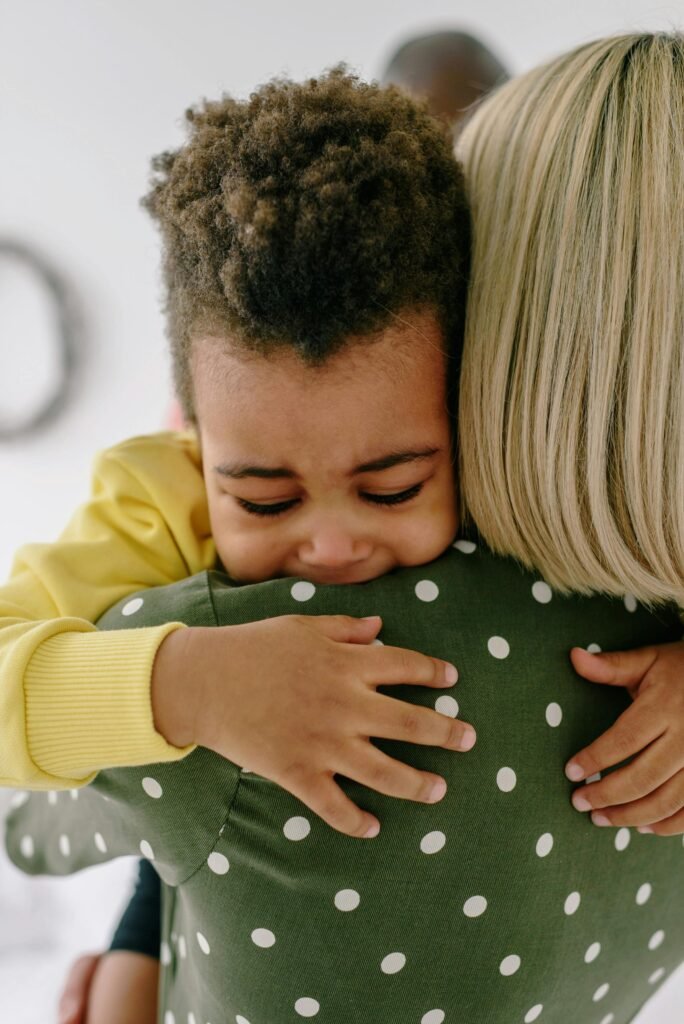Reclaiming Collective Care in a Changing World | The whānau thrives when the home is united.
He aha te mea nui o te ao? He tangata, he tangata, he tangata.
What is the most important thing in the world? It is people, it is people, it is people.

Once upon a time, raising a child happened in the arms of a village. Grandparents, aunties, neighbours, older cousins – everyone played a part. Whether it was a hot meal dropped off unasked, or a baby held so mama could have a quiet moment to herself, the village was there.
For many modern parents – especially māmā – that village has disappeared.
A Different World, A Different Load
Our own parents often raised us in an era where staying at home with children was the norm, not the exception. Life was simpler, slower, more local. There was time to be present. Community was often built-in.
But our world has shifted. Housing costs, work demands, and societal expectations have shaped a new reality. Many parents are now balancing full-time jobs with full-time parenting, all while managing households, school lunches, sick days, mental health, and the weight of invisible expectations.
We feel the tension between what we want to give our tamariki and what we’re actually able to do.
We carry the guilt of not “being there” enough.
We long for the support we don’t know how to ask for – or where to find.
You Are Doing Enough
Let’s be clear: You are not failing. You are parenting in a system not built for whānau to thrive. You are doing the very best you can with what you have. And that matters.
But we cannot do this alone.
Raising children was never meant to be a solo act. It was meant to be shared.
If the traditional village isn’t there, then we must build one – intentionally, creatively, and courageously.

3 Simple Ways to Grow Your Own Village
1. Whakawhanaungatanga – Make Small, Brave Connections
Start small. Smile at the other parent at kindy drop-off. Say yes to that community playgroup, even if you feel nervous. Vulnerability is the door to connection – and often, others are craving it too. A simple “me too” can spark friendship and mutual support.
2. Share the Load, Not Just the Smiles
If someone offers help – say yes. If you have something to offer – give it. Create space for shared meals, shared childcare, or even shared moaning about sleepless nights. Reciprocity is the heart of a village. We rise when we lift each other.
3. Use Technology with Intention
Our phones can isolate us, but they can also connect us. Join a local parenting forum, create a WhatsApp group with neighbours, or attend a webinar with like-minded māmā. When used intentionally, digital tools can help us feel less alone and more supported.
You deserve support. Your needs are valid. Your children are watching you model how to seek connection, ask for help, and build something better. That is the village, rising again.
Kia kaha, e hoa. You are not alone.
“Raising children was never meant to be a solo act. It was meant to be shared.”

